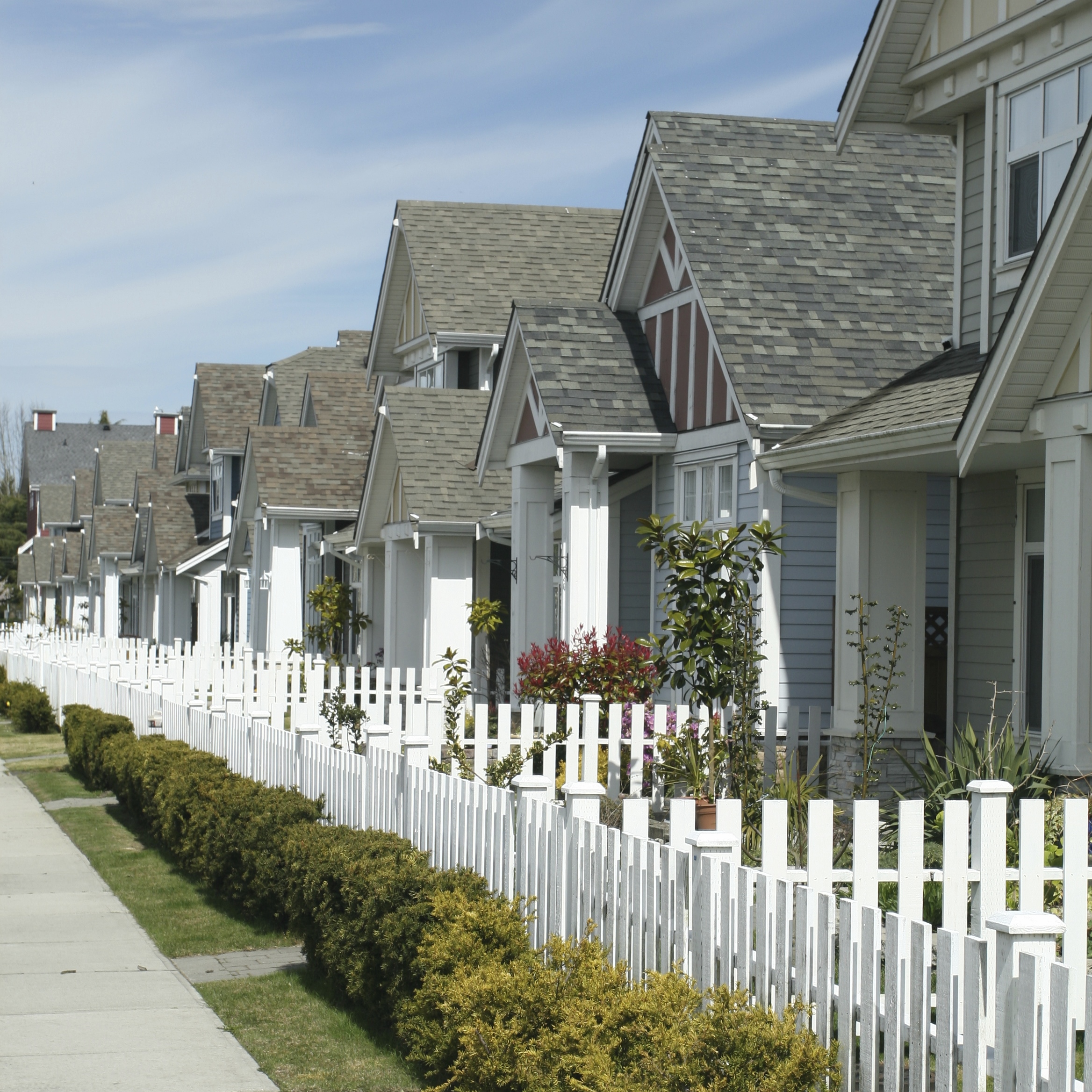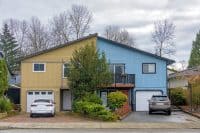
In some U.S. cities, home prices have risen annually at a high double-digit pace. And, like all things, if something can’t go on forever, it won’t. Home prices are no exception.
Before the housing market crash of 2007 and 2008, many people forgot that rule with disastrous results when the home price bubble popped. People found themselves owing more on their mortgages than the value of their homes, causing some to just walk away from those underwater loans and lose their entire investment.
However, there are U.S. cities where prices are appreciating at a pace that is moderate enough to be considered somewhat insulated from bubble pricing. Those cities can also claim a sufficient supply of homes for sale that can help buyers avoid costly bidding wars for a new home.
Javier Vivas, economic research manager at Realtor.com, described these more stable markets this way:
These are the Goldilocks of today’s housing market. Not too hot, and not too cold, these markets present the right balance of housing and economic conditions for buying and selling activity to evolve naturally. They have rising demand, and the corresponding supply to quench it. And they’re all relatively smaller metros, often with large nearby siblings eating up any potential irrational growth, which keeps them from overheating.
Here are 10 U.S. cities with the most stable home prices, according to research from Realtor.com. We include the median home price for each, along with its annual appreciation percentage.
- Fort Collins, Colorado: median price, $376,000; annual growth of 7%
- Madison, Wisconsin: $272,500; 10%
- Durham, North Carolina: $320,000; 10%
- Honolulu, Hawaii: $649,500; 9%
- Greenville, South Carolina: $234,000; 10%
- Ann Arbor, Michigan: $286,000; 10%
- Manchester, New Hampshire: $293,500; 9%
- Salem, Oregon: $283,000; 11%
- Oklahoma City, Oklahoma: $219,000; 7%
- San Antonio, Texas: $276,000; 5%
For details on methodology and more information on each city, visit the Realtor.com website.
Thank you for reading! Have some feedback for us?
Contact the 24/7 Wall St. editorial team.


